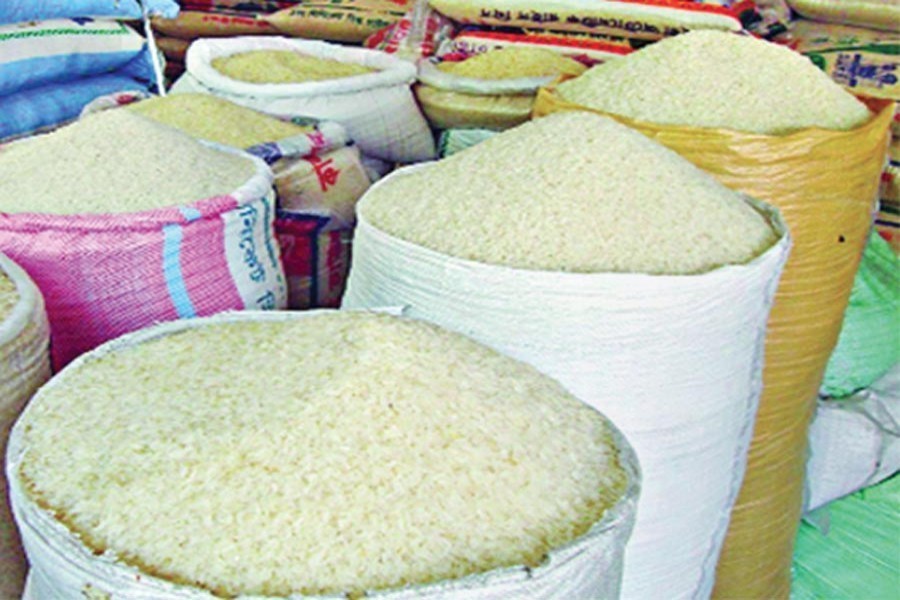One would always notice one or two or even more surprising or confusing developments involving the state agencies in this part of the world.
Since the outbreak of Covid-19, the people have witnessed a few such developments in the country's health sector. The failure to comprehend the gravity of the situation and take appropriate steps by various health agencies during one of the most trying times of history has surprised many. Even strong criticism by the media and relevant experts has failed to grow any urge among these agencies to take corrective measures.
Lately, actions or the lack of these on the part of the Ministry of Food must have surprised many. None would dispute the fact that the country's food situation has not been comfortable for the past many months. The prices of rice now are at an all-time high. The low-grade rice such as Swarna now costs Tk 45 a kilogram (kg) or more at the retail level and the top grade, namely, Bangla Basmati costs Tk 80 a kg. The high prices of rice have emerged as a serious problem for the poor and low-income people who are in serious financial trouble since the deadly pathogen started hurting the economic activities.
The rice prices first shot up in 2017 when a flash flood severely damaged boro crop in the haor areas. Since then, the rice market has always been volatile except for the period when the government waived duty on rice import substantially. The volatility has only reached its peak in recent months. Even a good Aman or Boro harvest has failed to cool off the rice market.
The main reasons behind the rice market remaining volatile are (a) total dependence of the government on private rice millers for procuring rice domestically; (b) poor private import of the main staple due to high duty rate; (c) very low stock of rice in state silos; and (d) poor monitoring of market by relevant government agencies.
The government had rightly reduced the import duty some weeks back. But it is not understood why it has gone for selecting private importers. The second step has produced negative results. A good number of import permit holders have failed to bring in rice on time, leading to a negative impact on rice prices in the domestic market.
The state of the government food stock does have a great influence on the market. This is the area where there has been a serious lacking for the past few months. As of yesterday, the government had a rice stock of only 0.298 million tones, the lowest in more than a decade.
What appears to be most surprising is that the food ministry has not tried to import directly to build its reserve of rice. Between July and April 26, the government imported only 0.278 million tonnes of rice. This should not have been the case since its procurement drive during the immediate past rice harvest seasons had failed miserably.
The government is required to distribute a certain amount of rice through a rationing system for some agencies and safety net programmes. Moreover, the low stock debars the government from distributing food among the poor during this prevailing crisis.
It is argued that large-scale import of rice does leave a damaging impact on rice price, particularly during harvest time. The farmers are deprived of a fair price for their rice produce in such a situation.
The government has reduced duty on rice import and the private importers have procured more than 0.7 million tonnes of rice since July 01 last. But such import has failed to soothe the volatile rice market even during the ongoing Aman harvest period. It seems that there are a few flaws in the country's rice production data. This needs proper scrutiny.
Among all the factors, the poor rice stock in government silos, it seems, is playing an important part in the present rice market volatility. Under the circumstances, the government should start importing rice in bulk to beef up its stock.


